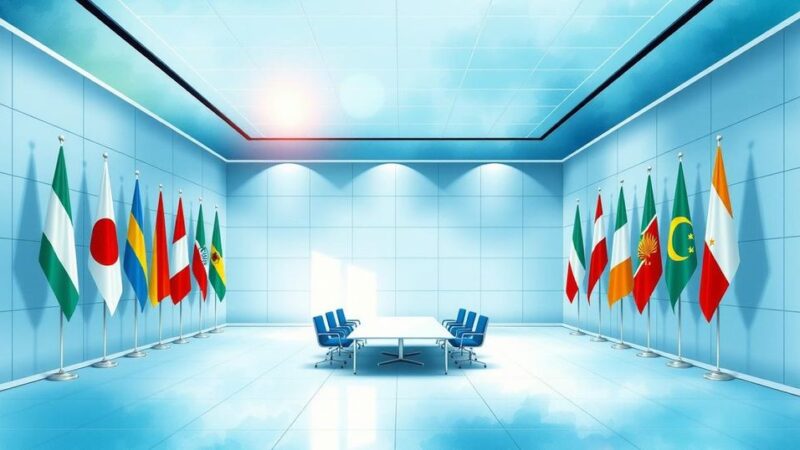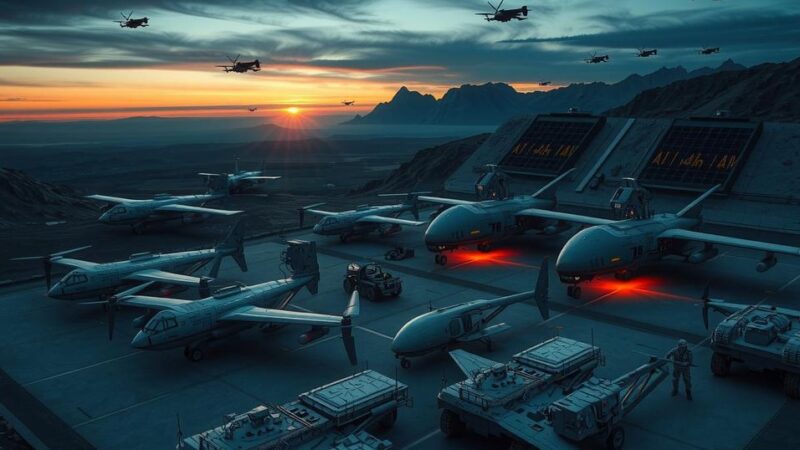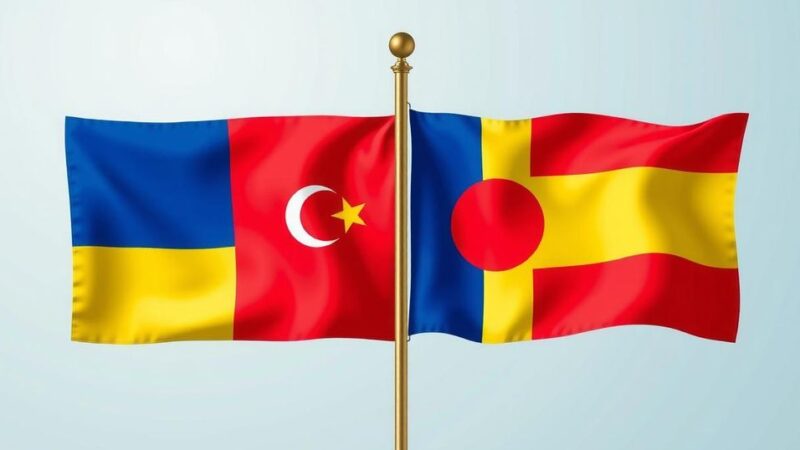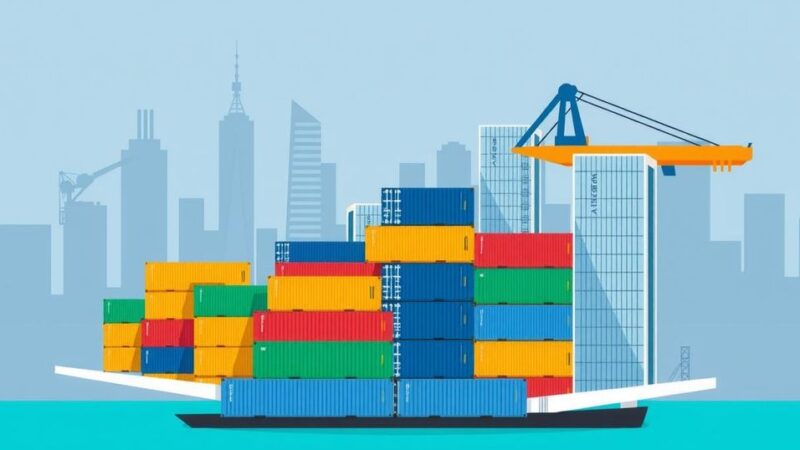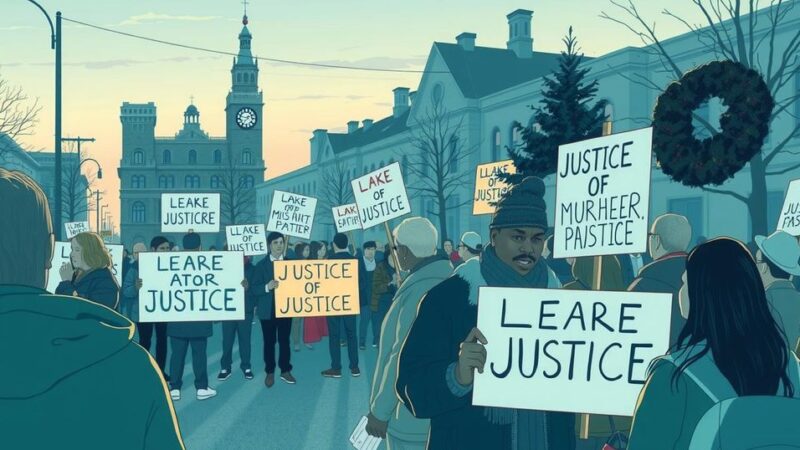The ongoing conflict in Eastern Congo, primarily involving the Rwanda-backed M23 rebel group, has escalated due to ethnic tensions and competition for mineral resources. Recent actions have led to significant humanitarian crises and raised concerns regarding political solutions and military interventions. The complexities of the conflict underscore the challenges in achieving lasting peace in the region.
The recent episode of “The President’s Inbox” featured a discussion between James M. Lindsay and Mvemba Phezo Dizolele, focusing on the intensified conflict in Eastern Congo. This conflict primarily involves the M23 rebel group, which is backed by Rwanda, challenging the Democratic Republic of Congo’s government amid ongoing ethnic tensions and competition for resources.
The M23 insurgents have recently captured Goma and Bukavu, the largest cities in Eastern Congo, leading to a severe humanitarian crisis. Rwanda, a nation with a predominately ethnic Tutsi population, provides support to the M23, which includes an estimated 3,000 to 4,000 Rwandan troops. The conflict has resulted in over 7,000 deaths and displaced more than 600,000 individuals since the start of the year, potentially causing widespread famine in the region.
While ethnic grievances play a significant role in the conflict, financial interests related to Eastern Congo’s rich mineral deposits are also critical factors. M23 emerged in 2012, claiming oppression by the Congolese government in collusion with Hutu groups. Eastern Congo is rich in minerals essential for global industries, which complicates the dynamics of the conflict, with accusations of resource exploitation directed at Rwanda.
Efforts for political settlements or military interventions seem futile as the Congolese government struggles to unify its constituents while a UN peacekeeping force has not curbed M23’s resurgence. Further complicating matters, divisions among regional organizations impede mediation efforts. Mvemba noted the absence of solid support for M23 inside Congo, suggesting that a return to a successful coalition akin to the 1997 scenario is unlikely, thus leaving lasting peace elusive.
In summary, the conflict in Eastern Congo is driven by a combination of ethnic rivalries, resource competition, and weak governance. The M23 insurgency, bolstered by Rwandan support, continues to exacerbate a humanitarian crisis while internal and external political dynamics hinder the prospect of resolution. With numerous armed factions and external influences complicating the landscape, achieving lasting peace remains a distant goal.
Original Source: www.cfr.org


